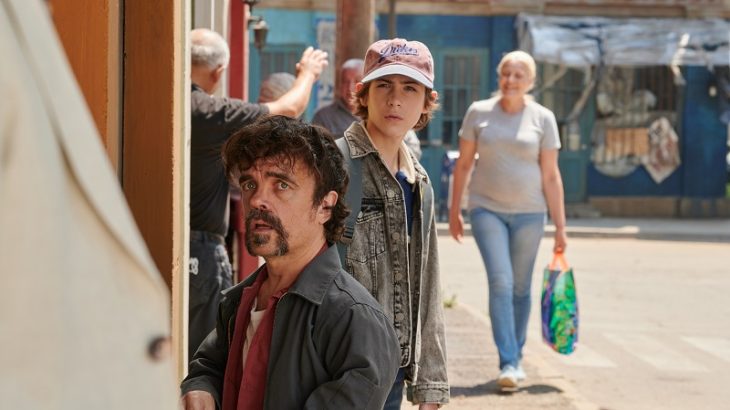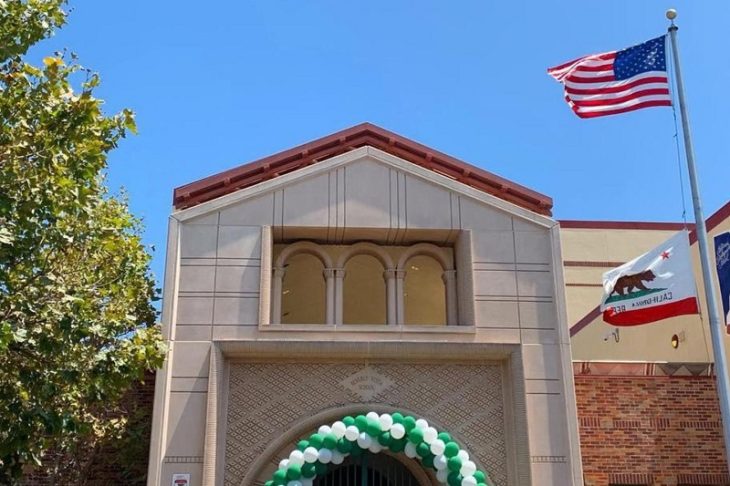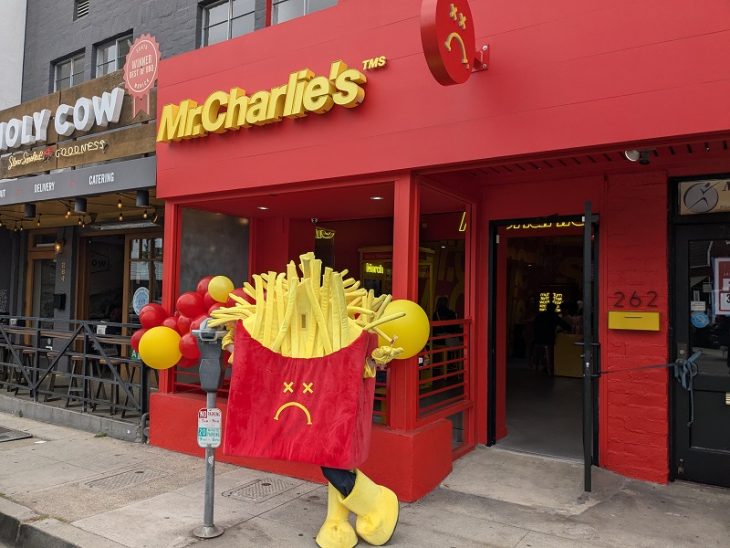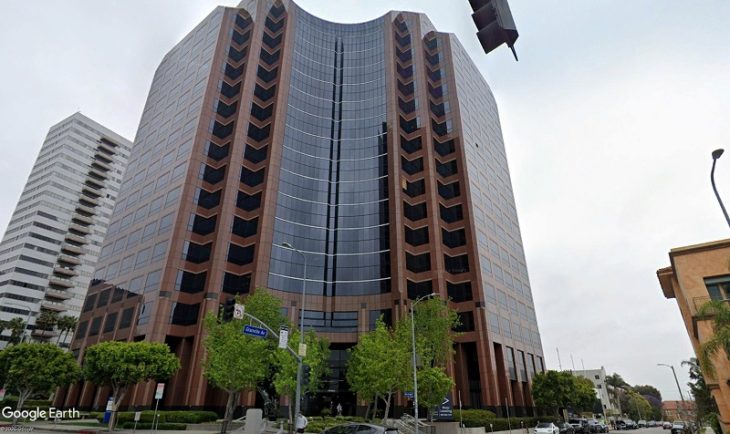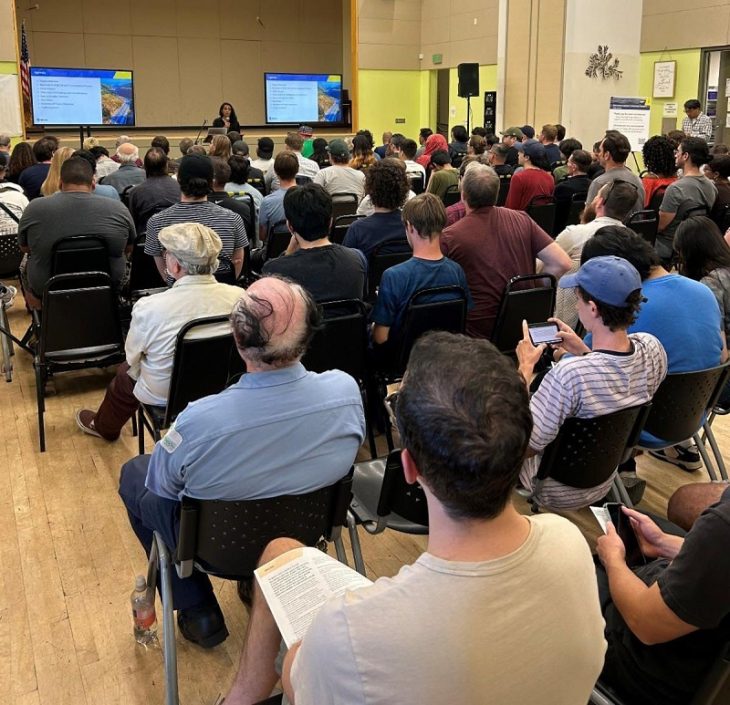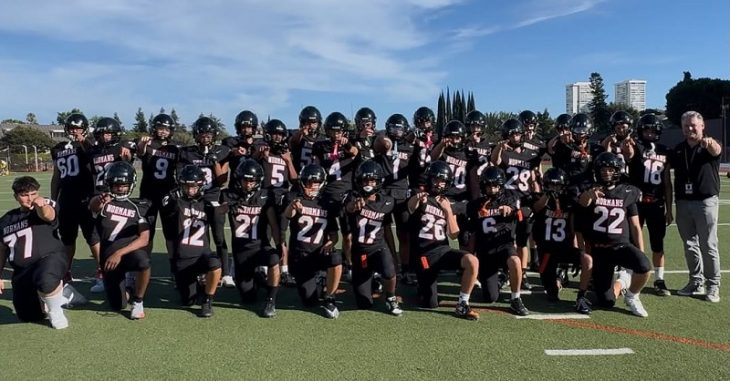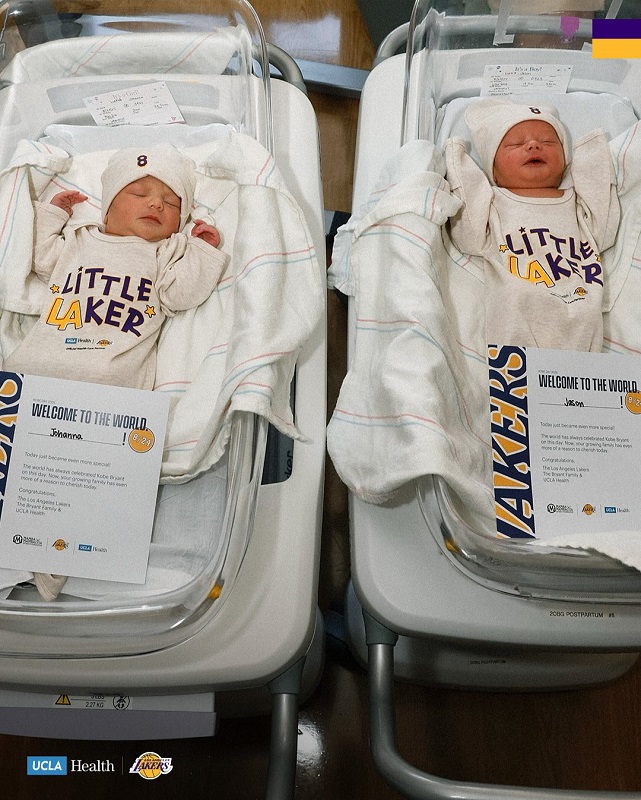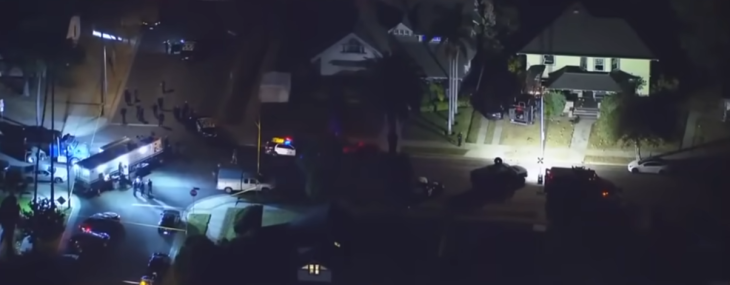
Gov. Jerry Brown reversed a state parole board panel decision to grant parole to former Charles Manson follower Bruce Davis on Friday, who was convicted of the murders of two men in the summer of 1969.
This is the third time the 71-year-old Davis has been recommended for parole and rejected. Brown rejected his bid in March 2013 as did then-Gov. Arnold Schwarzenegger in June 2010.
In a five-page document, Brown wrote that Davis “currently poses an unreasonable danger to society if released from prison.”
“My reversal of Davis’ grant of parole last year was based on the gravity of his offenses as well as his minimization of his role in these events,” Brown wrote.
“I noted that Davis was still revealing new details about the murders over 40 years later. I asked Davis to explain why he has shielded other family members from prosecution by withholding information about these crimes, and to finally reveal what he knows.
“I asked him to reconcile his version of being a follower with the evidence that he was a leader who actively championed the family’s values. He did not address these concerns at his most recent parole hearing. For the same reasons I articulated last year, I find that Davis is not suitable for parole.”
Davis was convicted of first-degree murder and conspiracy for the July 25, 1969, stabbing death of musician Gary Hinman in his Topanga Canyon home and the killing of Donald “Shorty” Shea, who was last seen alive on Aug. 27, 1969.
Davis was not involved with other followers of Manson in the Aug. 9, 1969, murders of pregnant actress Sharon Tate and four others in a rented Benedict Canyon home, or the stabbing deaths of grocery store owner Leno La Bianca and his wife, Rosemary, a day later in their Los Feliz home.
Steve Grogan, who was convicted in Shea’s murder and helped lead authorities to the site where the victim was buried, was the first former Manson follower to be paroled from prison in 1985.
Manson and most of his co-defendants have repeatedly been denied parole.
Onetime Manson Family member Susan Atkins died in September 2009, about three weeks after a state parole board panel rejected her plea for a “compassionate release” from prison because of brain cancer.

